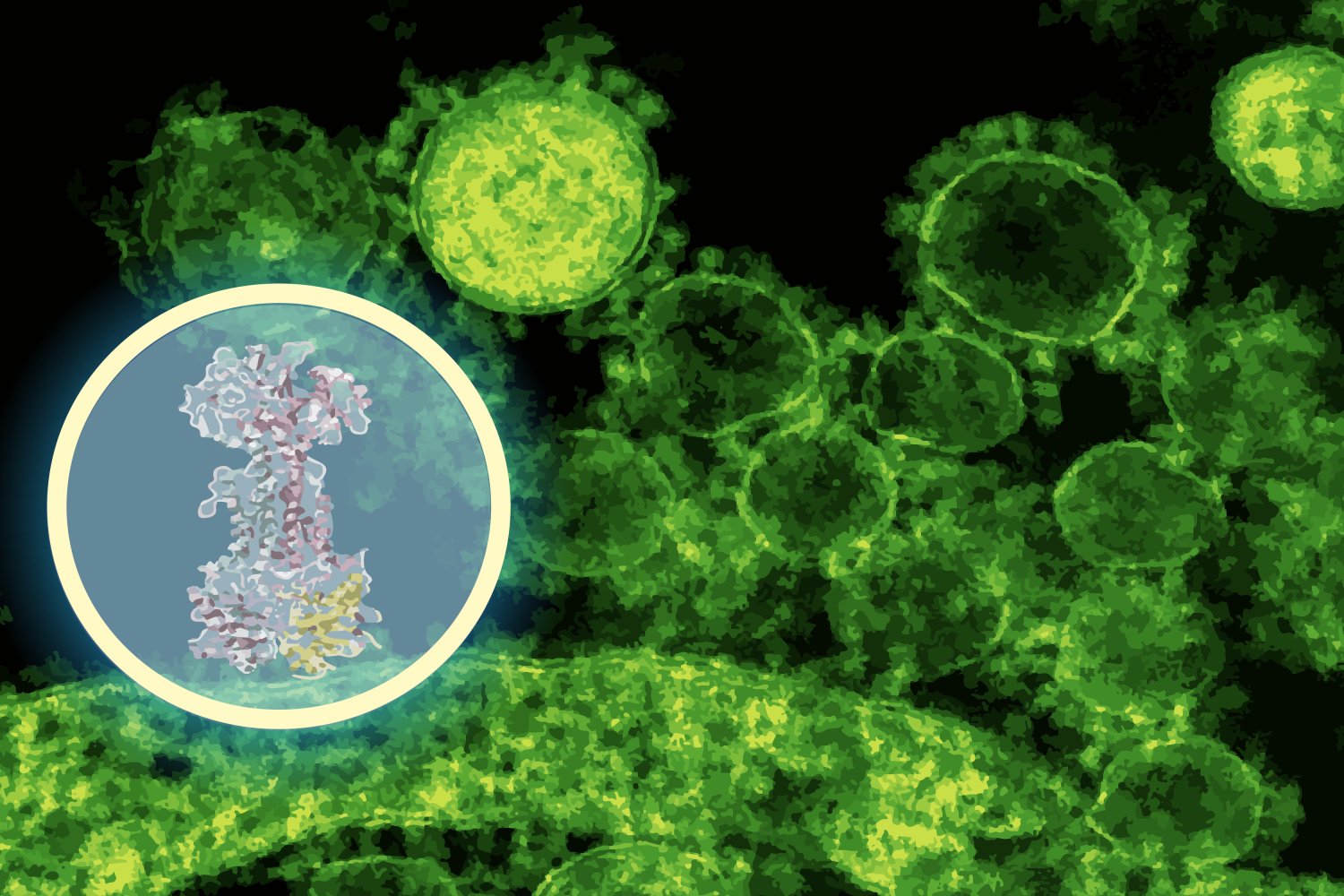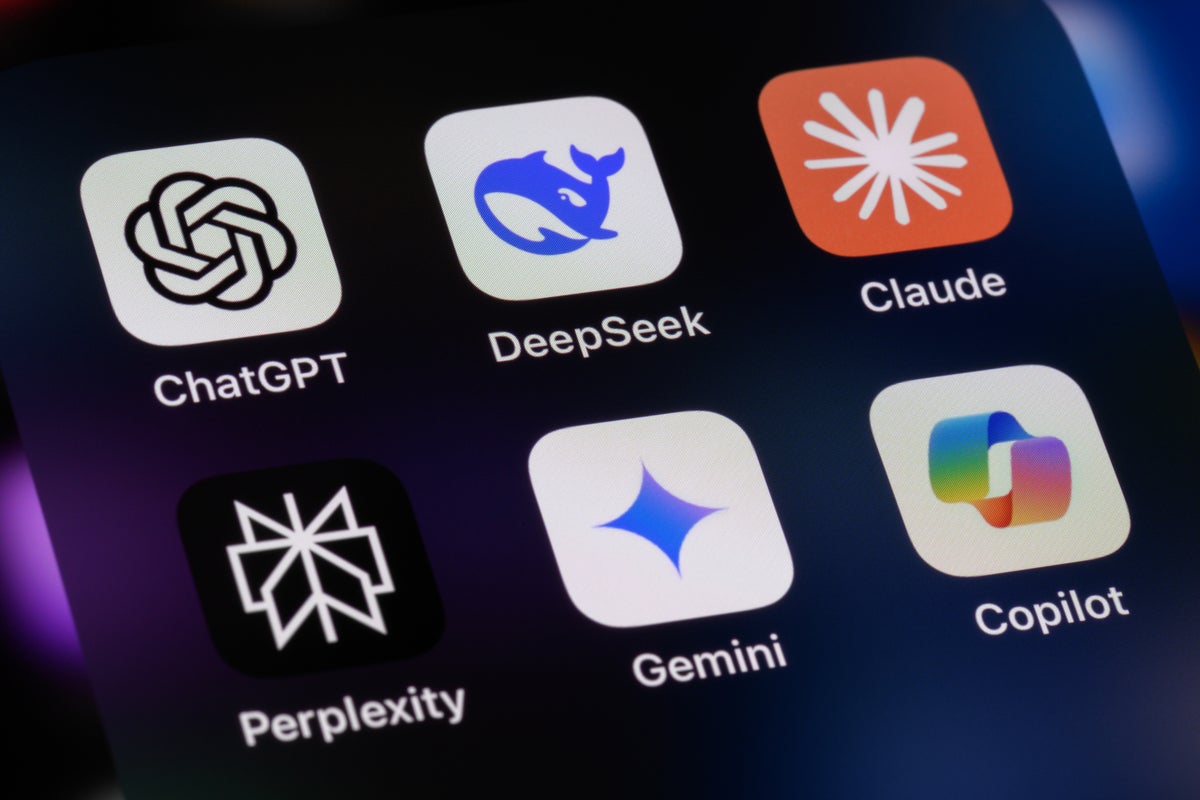
Stories on OpenAI’s massive AMD chip deal, Bezos’ AI bubble warning, Google’s new CodeMender, MIT’s antibiotic breakthrough, AI’s data drought, Anthropic’s Deloitte win, and Lovable’s “vibe coding” revolution.
OpenAI will buy 6 gigawatts of AMD compute capacity in a long-term deal valued at tens of billions.
The partnership strengthens AMD’s position as a leading AI hardware supplier amid intensifying chip competition with Nvidia.
The agreement underscores OpenAI’s massive infrastructure needs to train and deploy increasingly complex AI models.
AMD’s data center chips will support OpenAI’s next-generation compute clusters expected to go live in 2027.
The deal reflects a broader industry shift toward diversified AI hardware ecosystems beyond Nvidia’s dominance.
The approach encourages experimentation by reducing friction between human intuition and AI-assisted development workflows.
Osika describes vibe-coding as aligning team emotions and design instincts before formal coding begins.
Lovable aims to make software creation more expressive and less constrained by rigid engineering conventions.
The company positions vibe-coding as a bridge between creativity and technical execution in modern workplaces.
🤖 We scan thousands of AI stories. You get the Top 7.
Bezos compared today’s AI frenzy to past tech bubbles that ultimately produced transformative infrastructure and innovation.
He emphasized that short-term hype often precedes long-term breakthroughs in foundational technologies like AI.
The Amazon founder urged investors to distinguish between speculation and real value creation within the AI sector.
His comments highlight growing awareness that AI’s lasting impact may outweigh current market excesses.
CodeMender analyzes large codebases to identify potential weaknesses before they become exploitable.
The tool provides human-readable explanations to help developers understand and resolve security issues efficiently.
DeepMind says CodeMender integrates with existing workflows to strengthen organizations’ software defense layers.
The launch underscores Google’s push to embed AI agents directly into the cybersecurity and development process.
💡 Brain Daily: The AI briefing trusted by Silicon Valley’s top builders and leaders.
The collaboration will embed Anthropic’s AI tools in Deloitte’s consulting, auditing, and analytics services.
Deloitte expects the integration to enhance client efficiency and decision-making with scalable, secure AI solutions.
Anthropic views the partnership as validation of its enterprise-focused strategy amid rapid competition with OpenAI.
The deal marks a milestone in expanding responsible AI adoption across large-scale corporate environments.
The Gold standard for AI news
AI keeps coming up at work, but you still don't get it?
That's exactly why 1M+ professionals working at Google, Meta, and OpenAI read Superhuman AI daily.
Here's what you get:
Daily AI news that matters for your career - Filtered from 1000s of sources so you know what affects your industry.
Step-by-step tutorials you can use immediately - Real prompts and workflows that solve actual business problems.
New AI tools tested and reviewed - We try everything to deliver tools that drive real results.
All in just 3 minutes a day
The AI model mapped molecular interactions to show how the antibiotic distinguishes between harmful and beneficial microbes.
Researchers said the findings could guide development of safer, more targeted antibacterial drugs.
The study highlights AI’s growing role in accelerating biomedical discovery and drug design.
The project reflects MIT’s broader efforts to integrate machine learning into microbiome and health research.
A Goldman Sachs data chief cautioned that AI progress may slow as the industry exhausts high-quality training datasets.
The executive said most publicly available text and image data has already been used to train large AI models.
Companies are now exploring synthetic data and proprietary sources to sustain model performance and innovation.
The warning reflects growing concern that data scarcity could increase costs and limit AI system reliability.
Analysts view “peak data” as a key challenge shaping the next phase of AI development.
If you find this newsletter valuable, please forward it to a friend or colleague who may also benefit from staying up to date with the latest in AI.
If you have any suggestions, questions, or ideas, feel free to reply to this email.
Disclosure: Brain Daily features high-quality sponsors and may earn commission from qualifying purchases.





